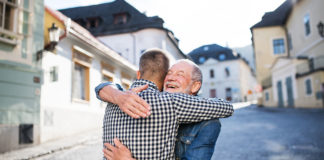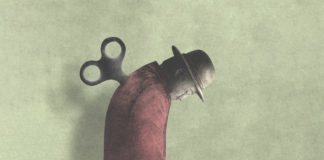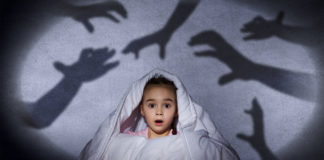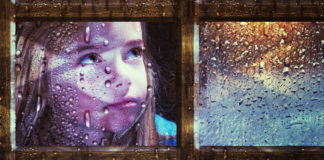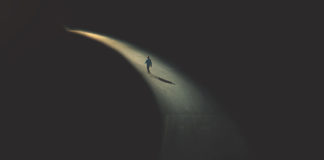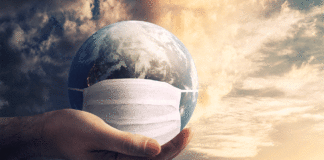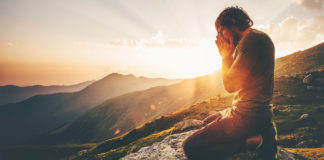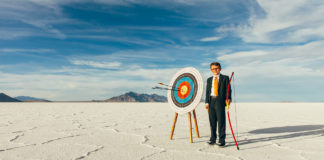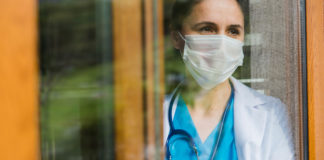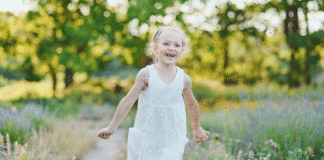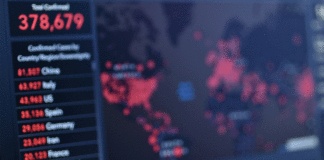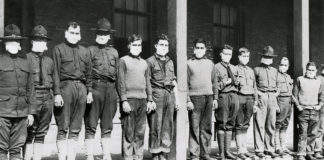Carmen Lăiu
Parents of prodigal sons
Few things can pierce a parent’s heart as painfully as their children’s decision to walk away from God. Pain, guilt, shame and the feeling of failure are the crushing burdens which parents of prodigal sons carry, while still wavering between hope and discouragement.
Forgiveness heals the one who forgives
Everyone thinks forgiveness is a lovely idea until he has something to forgive. – C.S. Lewis
Pocket apocalypse: The end of the world in the press
The image of an apocalypse generated by a microscopic coronavirus has been sketched more than once by the press in the past few weeks.
The love that whittles all my fears away
In a psalm that is worth reading on our coldest mornings and in our darkest nights, King David asked some rhetorical questions—“Whom shall I fear? Of whom shall I be afraid?”— questions which our contemporaries would not dare to answer.
Paradise seen from the outside
In wisdom you made them all; the earth is full of your creatures – Psalm 104:24
How do Christians deal with loneliness?
Divorce, widowhood, or celibacy are just a few of the faces of loneliness, an experience which Christians also deal with at some point. Those who have often crossed paths with it, say that loneliness is truly a flowering wilderness: a place that is isolated but where deep spiritual lessons are learned.
Thanksgiving and praise, ingredients of the prayer that changes us
The imbalance between the requests and the thanksgiving we bring into our worship is a topic any Christian can talk about, and not just based on other people’s experience. As long as we approach praise and thanksgiving as duties to be fulfilled, we will miss the greatest blessings that can rest upon a heart full of gratitude.
COVID-19: Beyond coincidence and bad luck: causes of animal to human virus transmission
In the midst of the COVID-19 pandemic, there are specialists who are not surprised by this crisis, and believe that in the future we could be facing other pandemics if we fail to fix the mistakes that led to an increase of animal to human pathogen transmission.
“And forgive us our trespasses…” But what if they persist?
In our Christian experience, we strive for perfection, but we honestly admit we are a universe away from it. Our inability to live up to God’s standards can lead us to feel we can no longer benefit from divine forgiveness, at least not until we prove strong enough not to give into the sins we are battling.
My child, a perfectionist
Responsible, achievement-oriented and highly principled – this is what a brief portrait of a perfectionist child looks like, explaining why, up to a certain point, this is the kind of child most parents dream of.
Eight months into the pandemic, where are we headed?
We do not know what 2020 would have looked like without a pandemic, but we already know that some losses could have been prevented. And, if the future lies in the spectrum of pandemics, as the WHO warns, we should learn all the lessons that can be learned from this long journey.
Life in the vicinity of death
One night while checking on his patients in a palliative care centre, the therapist risked asking a confusing question to a person whose universe had shrunk to the size of his sickbed: “What brought you joy today?” The answer was immediate: “Being alive.”
God is love and that makes us eligible, as imperfect as we may be
We have trouble understanding and accepting the image of a loving God, as we have grown too familiar with the type of love that offers itself only when it finds in a person the qualities that make them easy to love.
The fragility of the good news about COVID-19 mortality
The mortality rate of COVID-19 remains high, but not as high as its transmission rate, and this good news needs nuances and explanations.
Spanish flu to COVID-19: Lessons from a forgotten pandemic
The Spanish flu filled graves in almost every cemetery in the world. However, surprisingly, this tragedy had largely been forgotten until recently. A century later, the issue returned to the centre of attention, with specialists wondering if they can identify a pattern in the evolution of the COVID-19 health crisis based on the pandemic from a century ago.












